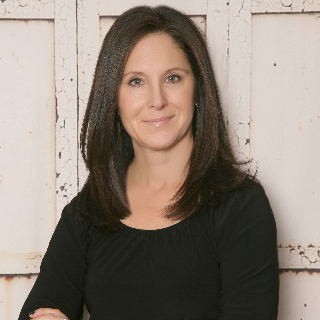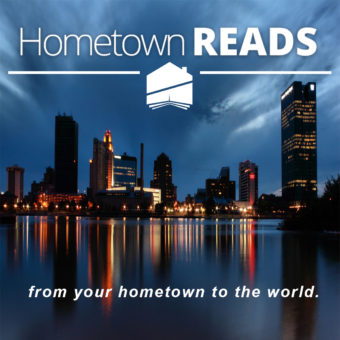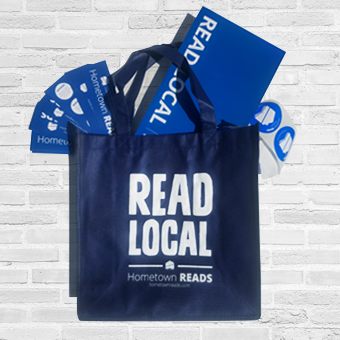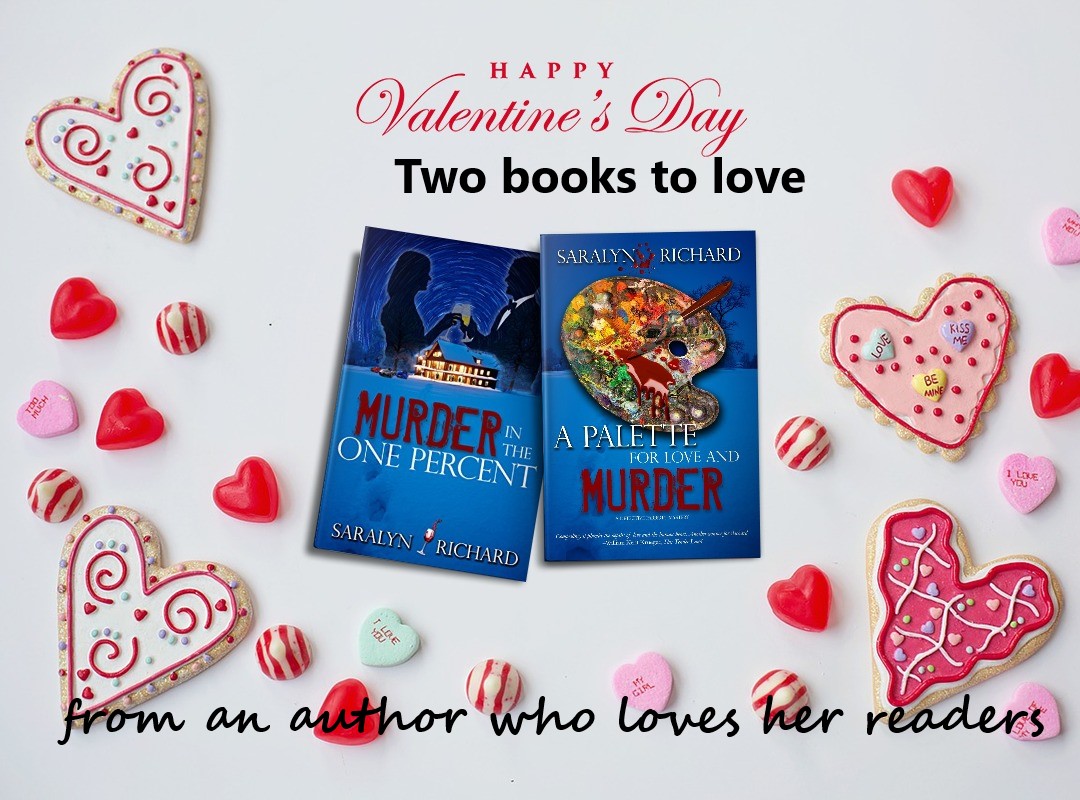Think Small Press
I presume that we all, as writers, have at least one rejection we will always remember. Mine came from an agent to whom I’d sent a non-fiction book proposal. The rejection went like this: I like the concept. I enjoy your writing. If you were Wayne Pacelle, I could definitely sell this to a major publishing company.
At the time, Wayne Pacelle was president and CEO of the Humane Society of the United States, the country’s largest animal rights organization, and the author of a New York Times best-seller on the human-animal bond. Talk about platform!
He had it. I didn’t.
All I had was a dog-centered blog read primarily by family and friends, and a story I truly believed in.
Fortunately, at around that same time, I stumbled upon an article in Writer’s Digest about small presses. These publishing companies, the story said, are often overlooked by writers, and—here’s the part that really captured my attention—most accept author-submitted proposals. Translation: no agent necessary.
What’s a small press?
Small presses, also called independent or indie presses, are publishing companies that occupy a middle ground between the Big Five publishing conglomerates and do-it-yourself publishing services. While many specialize in niche subjects or literary genres, they all provide the traditional services of a big publishing house, namely editing, marketing, and distribution.
The most comprehensive list of small presses comes courtesy of Poets & Writers. Through its easy-to-search online database, writers can research presses by genre and subgenre, or peruse the entire list. It was through the database that I discovered Ashland Creek Press, the publishing company that would bring my book to market.
Why a small press?
- Query directly – Securing an agent isn’t easy, especially for new authors and writers without large platforms. Small presses take agents out of the equation by accepting manuscripts directly from authors during open-submission periods and via contests wherein first prize is publication.
- Personal attention – Small presses lack bureaucracies—they have too few employees to be burdened by red tape. That means your editor may be the owner of the company—or the co-owner as in my case.
- Author input – At small presses, collaboration is the norm to an extent not often available to authors at major publishing houses. Thus, authors have a say in many, if not all, editorial and artistic decisions including a book’s title and cover design.
- Increased investment – Because small presses only publish a few titles a year, they are as invested as their authors in selling books. True, small presses don’t have the publicity departments of the big guys, but small presses play the long game. With smaller catalogues, they actively promote their books for years, not weeks or months. And let’s face it, today, authors are responsible for doing the bulk of the publicity work anyway.
- Opportunity – Small presses are more likely than the Big Five to give a break to lesser known and debut authors. They are also more likely to take risks and push boundaries with their fiction and non-fiction because they are not part of a corporate behemoth driven by the bottom line.
Final thoughts on a small presses.
If your goal is to land a book deal, don’t overlook small presses. But do be sure to do your research and to vet them, just as they’ll be vetting your book. No two small presses are alike, and you want to make sure that as much as your book may be a good fit for one particular press, that press is a good fit for you, too, because together you will be bringing your book into the world.
As for me, I feel fortunate to have teamed up with Ashland Creek Press to bring my book, Dogland: A Journey to the Heart of America’s Dog Problem, to readers. The company’s catalogue, featuring compelling works flush with environmental and animal welfare themes, proved an ideal home for Dogland.









What People Are Saying